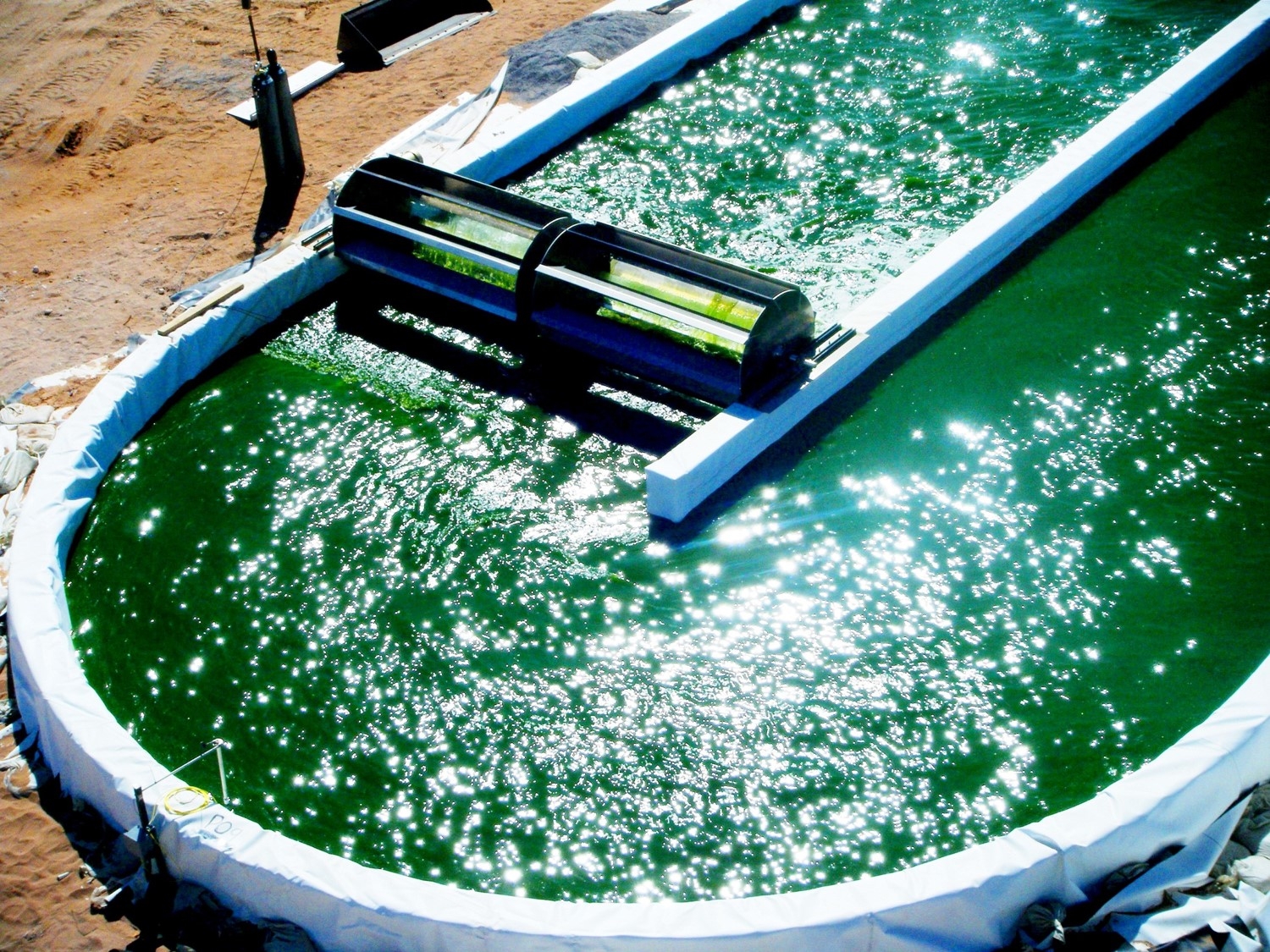
Algae Biofuels: Harnessing the Power of Nature for Sustainable Energy
Introduction
Algae biofuels have emerged as a promising solution in the quest for renewable energy. With the world’s growing energy demands and increasing concerns about climate change, finding sustainable alternatives to fossil fuels is crucial. Algae biofuels offer a unique approach by utilizing the power of photosynthesis and the natural lipid content of algae to produce clean and efficient biofuels. In this article, we will explore the importance and potential benefits of algae biofuels and delve into their historical background, key concepts, main discussion points, case studies, current trends, challenges, controversies, future outlook, and the significance of algae biofuels in achieving sustainable energy.
Historical Background
Algae biofuels have a rich history that dates back several decades. Early research and developments in the 1970s and 1980s laid the foundation for exploring the potential of algae as a renewable energy source. However, significant milestones and breakthroughs have been achieved in the past two decades. Advancements in cultivation techniques, genetic engineering, and extraction methods have propelled algae biofuels from a niche concept to a recognized potential solution for sustainable energy. Governments and organizations globally are investing in research and development to unlock the full potential of algae biofuels.
Key Concepts and Definitions
To understand algae biofuels, it is important to define the concept and explain the process of algae cultivation and conversion to biofuels. Algae biofuels are derived from the lipid content present in algae, which can be converted into biofuels through various methods such as hydrothermal liquefaction, pyrolysis, and transesterification. Key terms and concepts such as lipid content, biomass production, and extraction methods play a crucial role in the efficient production of algae biofuels. Different types of algae, such as microalgae and macroalgae, are used for biofuel production, each offering unique advantages and challenges.
Main Discussion Points
Advantages of Algae Biofuels
One of the main advantages of algae biofuels lies in the high lipid content of algae, which can result in higher biofuel yields compared to traditional feedstocks. Algae also have the ability to grow in various environments, including wastewater, saline water, and non-arable land, making them a highly versatile and scalable solution for large-scale production. Additionally, algae biofuels have the potential to reduce greenhouse gas emissions and decrease dependence on fossil fuels, thus contributing to mitigating climate change.
Challenges in Algae Biofuel Production
While algae biofuels hold immense potential, there are challenges that need to be addressed for large-scale production. The cost and scalability of algae cultivation and extraction methods remain significant hurdles. Technological advancements are required to optimize the efficiency of biofuel production processes, reducing costs and improving overall viability. Integrating algae biofuels into existing infrastructure and energy systems also poses challenges that need to be overcome.
Environmental Impact of Algae Biofuel Production
The environmental impact of algae biofuel production is a topic of discussion due to its potential benefits and drawbacks. On one hand, algae cultivation can use land and water resources that may compete with other uses, raising concerns about sustainability. On the other hand, algae biofuels have the potential to reduce carbon emissions and minimize the environmental footprint associated with traditional fossil fuel extraction and combustion. The impact on biodiversity and ecosystems also needs to be considered, as algae cultivation may have unintended consequences.
Economics and Policy Considerations
The current economic viability of algae biofuels and potential cost reductions are important factors to consider. Government policies and incentives play a crucial role in promoting algae biofuel production, as they can provide the necessary support and funding. Market dynamics and competition also influence the growth of the algae biofuels industry, and understanding these factors is essential for its successful integration into the energy market.
Case Studies or Examples
Real-world examples of successful algae biofuel production projects showcase the potential of this technology. These case studies provide insights into the challenges faced and the lessons learned. Examining these examples can help identify best practices and inform future developments in algae biofuel production.
Current Trends or Developments
Recent advancements in algae cultivation and extraction technologies are shaping the future of algae biofuels. Ongoing research findings and breakthroughs continue to improve the efficiency and cost-effectiveness of algae biofuel production. Furthermore, the growing interest and investment in algae biofuels globally indicate a positive trend towards its adoption as a mainstream renewable energy source.
Challenges or Controversies
As with any emerging technology, algae biofuels face controversies and differing viewpoints. Critics raise concerns about the environmental impact and economic feasibility of algae biofuels. Debates regarding the trade-offs between algae biofuels and other renewable energy sources are also important to consider. Addressing the challenges and controversies is essential for a comprehensive understanding of the potential benefits and limitations of algae biofuels.
Future Outlook
The future implications of algae biofuels for energy production and sustainability are promising. Continued technological advancements and cost reductions are expected to make algae biofuel production more economically viable. Algae biofuels can play a significant role in achieving global energy transition and addressing climate change. By reducing greenhouse gas emissions and offering a renewable and sustainable energy source, algae biofuels have the potential to revolutionize the energy landscape.
Conclusion
Algae biofuels have emerged as a promising solution in the quest for sustainable energy. Their high lipid content, versatility, and potential for large-scale production make them an attractive alternative to traditional fossil fuels. However, challenges such as cost, scalability, and environmental impact need to be addressed. With ongoing research, advancements in technology, and supportive policies, algae biofuels have the potential to transform the global energy sector and contribute to a more sustainable future.